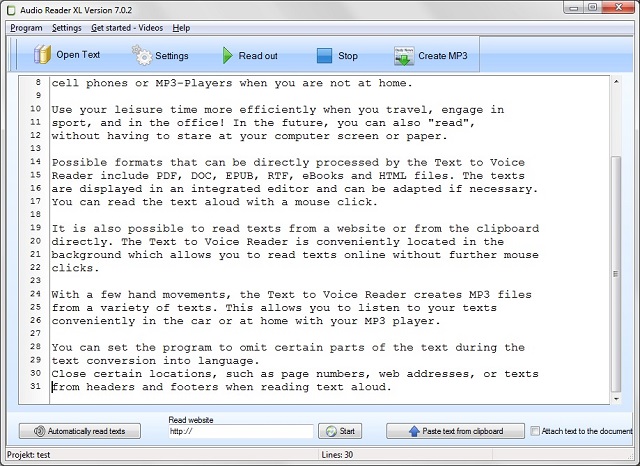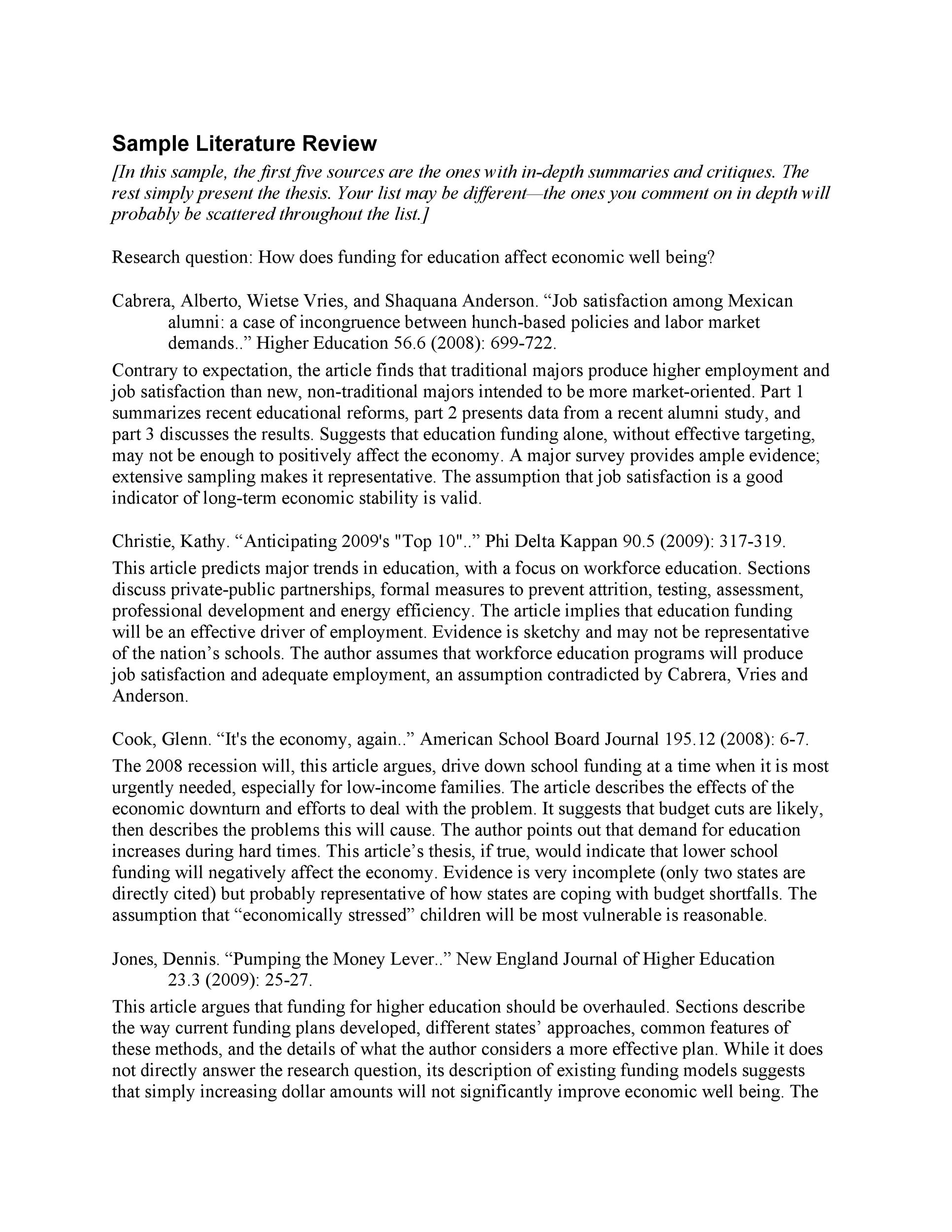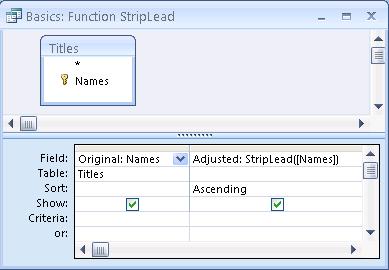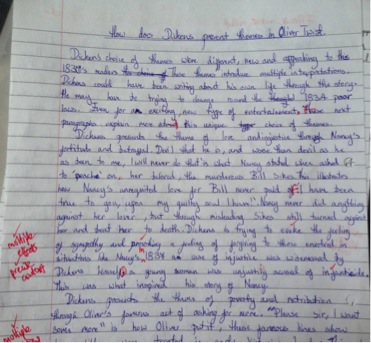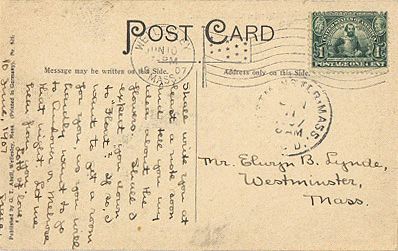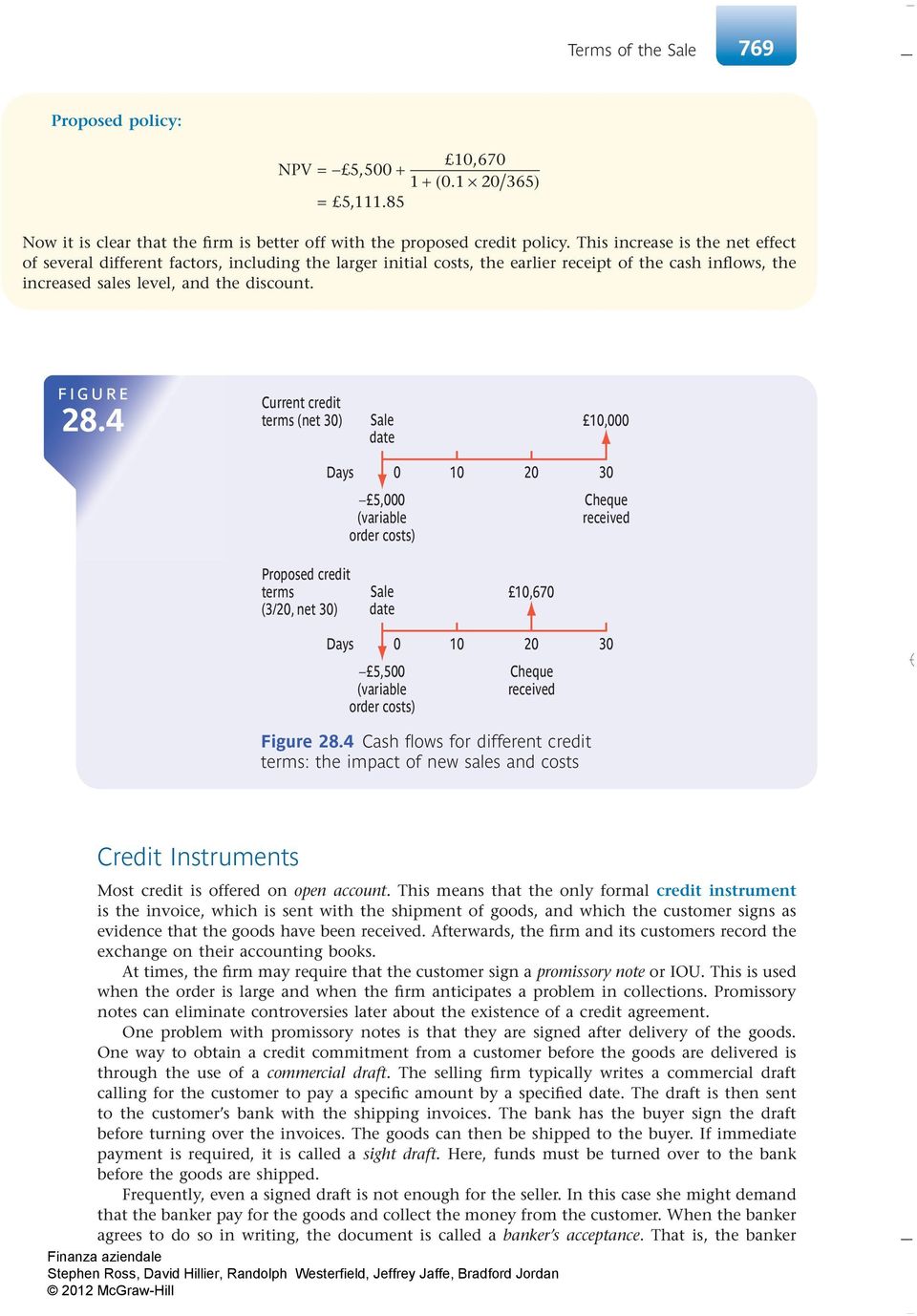What are the Different Types of Language Disorders?
A Speech and Language Disorder is where a child’s speech and language develops more slowly than expected.Speech is how we say sounds and words. Language is the words we use to share ideas and get what we want. Children and adults can have speech and language disorders. Speech-language pathologists, or SLPs, can help. To find an SLP near you, visit ProFind.Developmental language disorder (DLD) is a type of speech, language and communication need (SLCN) that affects the way that children understand and use language. DLD increases the risk of a range of negative impacts on education, employment, and social and emotional problems, but appropriate support can make a difference.
Developmental Language Disorder or DLD (previously known as Specific Language Impairment or SLI) is a persistent type speech, language and communication need that cannot be explained by an obvious cause. DLD is not the only label that is used by professionals to describe unexplained difficulties with talking and understanding such as speech and.Language disorder is a communication disorder in which a person has persistent difficulties in learning and using various forms of language (i.e., spoken, written, sign language). Individuals with.

EARLY SIGNS OF A language disorder Smaller vocabulary than other students of the same age 4. Uses limited sentence structure or struggles to put words together to form a sentence 4. Trouble describing a topic or series of events 4. Unable to follow instructions or ask and answer questions 5. May.
